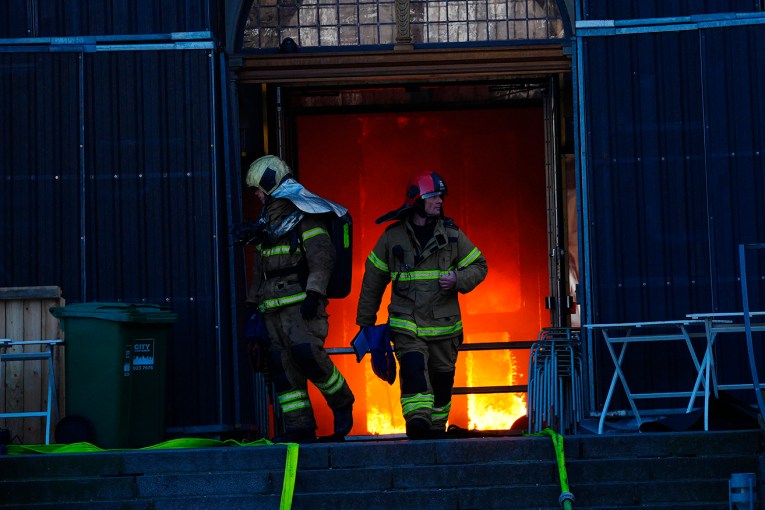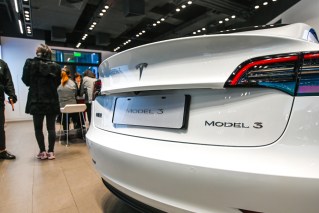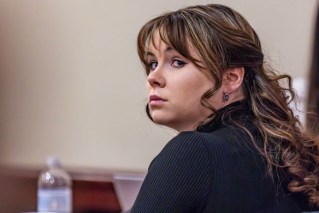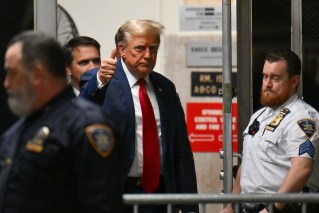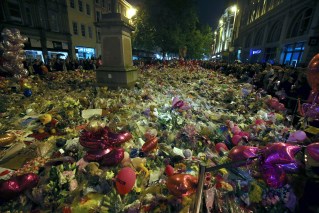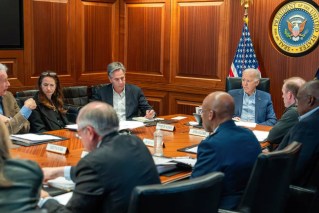Calls for countries like Australia to boycott Saudi Arabia’s G20 summit over the jailing of female political prisoners
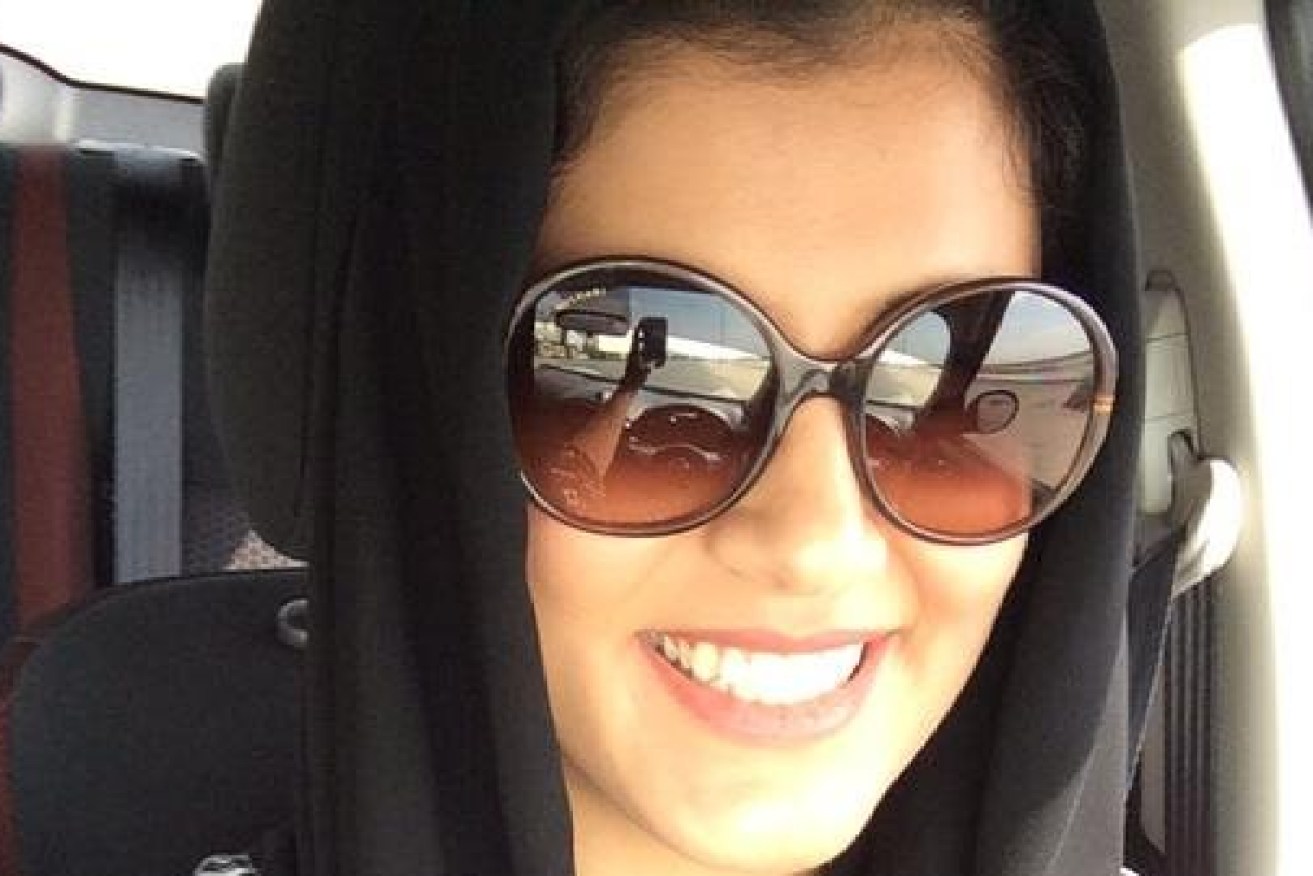
Women's right-to-drive activist Loujain al-Hathloul was jailed in 2018. Photo: Twitter/@LoujainHathloul
There are calls for the world’s major economic powers, including Australia and the UK, to boycott this weekend’s G20 summit over the jailing of female political activists who campaigned for the right to drive.
The G20 summit will be held virtually due to COVID-19, but Saudi Crown Prince Mohammed bin Salman will have the world stage.
Baroness Helena Kennedy, a QC and defender of human and women’s rights, described it as “scandalous” that the Kingdom and its Crown Prince would host one of the world’s most significant economic forums.
She wants world leaders to use the summit as leverage for change and demand the release of a group of at least 13 female activists who were jailed by the Crown Prince in 2018, just months before women were granted the right to drive.
“We should not be giving this kind of platform to Saudi Arabia at this time, if they want to show that they really are in a process of change then this is a moment when they should be showing it,” she told the ABC.
Baroness Kennedy was part of a United Nations-led team investigating the brutal murder of Saudi journalist Jamal Khashoggi.

Baroness Helena Kennedy has been a vocal critic of Saudi Arabia’s human rights record.
She is one of the few people who have listened to the graphic tapes of the moments before the killing of Mr Khashoggi inside the Saudi consulate in Istanbul in October 2018.
“There was a senior forensic pathologist and a senior former police investigator with me and it was really shocking to hear the tapes and to be made privy to the evidence,” Baroness Kennedy told the ABC.
“We don’t have a nation that is complying with the rule of law and that should matter to us.”
Push for release of jailed female activists
Up until June 2018, Saudi Arabia was the only country in the world where women were banned from driving cars.
Just months before the restriction was lifted, the Saudi Royal Court issued a decree ordering a group of female activists who had been behind a Women2Drive campaign not speak to the media.
They were later arrested.
Among them was Loujain al-Hathloul, who was prominent in the campaign to win the right for women to drive, and who had also spent time in prison for driving her car across the border from Abu Dhabi to Saudi Arabia in 2014.

Loujain al-Hathloul in a car with her husband Fahad al-Butairi. Photo: Instagram/Loujainhathloul
This month, a UN human rights committee expressed alarm at the worsening health of the 31-year-old, who is on a hunger strike, and urged the Saudis to immediately release her.
“We can complain about it and we can raise it at international meetings but you don’t have any leverage,” Baroness Kennedy said.
“Here there is leverage because Saudi wants to be hosting this it wants to be seen to be an important player in the world, if you want to be a player in the world you have to start respecting the humanity of women, as well as men.”
In September London Mayor Sadiq Khan, alongside the mayors of New York, Los Angeles and Paris, boycotted the Urban 20 mayor’s summit hosted by Saudi Arabia due to its chairmanship of the G20.
Earlier this month Saudi Arabia’s ambassador in the UK, Prince Khalid bin Bandar, indicated clemency was being considered for the women ahead of the start of this weekend’s leaders summit, although he later back-tracked from the comments and the Crown Prince has not obliged.
‘It’s not life as normal’
Safa Al Ahmad, a Saudi Arabian journalist and documentary maker, said even if the women were released it would not mean they were free.
“My worry is that they call for the release of these women for example and the same thing happened to women who have been temporarily released before, they temporarily release them yet they are still as oppressed, they still are facing legal charges and it’s not life as normal,” Safa Al Ahmad told the ABC during an interview in London.

Safa Al Ahamad says she would be jailed if she tried to return to Saudi Arabia. Photo: ABC News/Charles Brittain
“Nor are they accepting that they have the right to call for reforms in Saudi Arabia.”
She too wants world leaders to use the conference as leverage to demand the release of female and male political prisoners.
“They need to clearly send a message that the G20 will not be used to whitewash the reputation of Saudi Arabia,” she said.
Al Ahmad said if she returned to the Kingdom the “best-case scenario” would be that she would be jailed alongside the likes of al-Hathloul.
She is accused by the Kingdom of a number of crimes after producing Saudi’s Secret Uprising, a documentary aired by the BBC in 2015.
Al Ahamad is now acting director of ALQST, a group that documents human rights abuses in Saudi Arabia.
She believes al-Hathloul is a symbolically powerful figure for all Saudi women.
“Even in jail she is refusing to make a video to say that she wasn’t tortured, she is refusing to agree to the narrative that the Government is trying to force on her and that is amazing,” Al Ahamad said.
“And I think this frightens the Government more than anything else, they weren’t able to silence these women and thus they are more dangerous.”
-ABC
